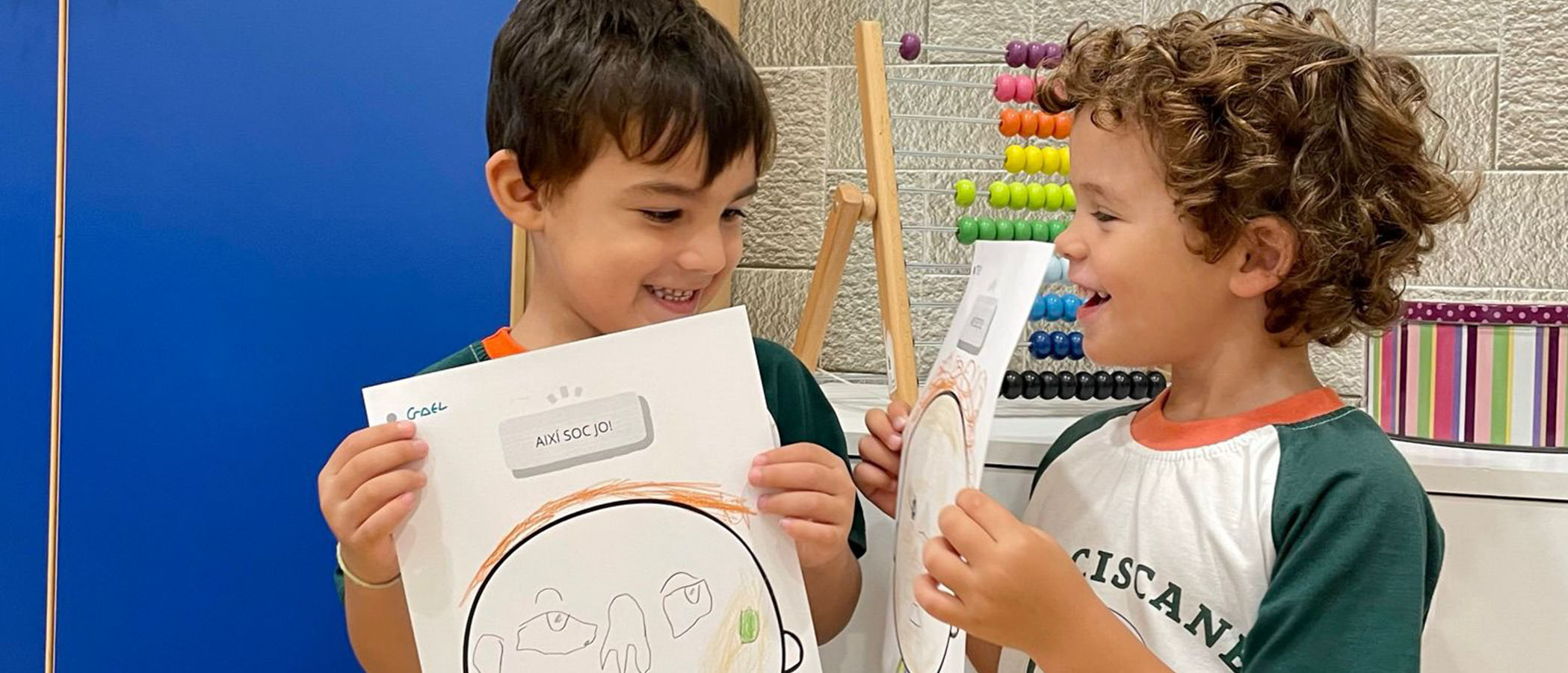
Educational Psychologist Counselling
The team of school psychologists is made up of:
JORGE CATALÁN PEÑA and JOSEP Mª CAÑADA BELMONTE
Each of them is in charge of half of the students in each class and they take on the monitoring of the same students from I3 to 6th E.P.
FUNCTIONS:
- Follow-up of the student’s maturational development (language and personality) in coordination with the tutor.
- Make observations in the classroom or individually of the students according to the demand of tutors or families.
- Diagnosis, guidance and possible referral to other specialists.
- Preventive examination in I5, 1st, 2nd and 6th of E.P. (October and April).
- Interviews, doubts or more individualized inquiries through the tutors.
PROCESS OF ADAPTATION TO P-3
Any person, faced with a new situation, can present a set of symptoms that appear due to the need to adapt to something they do not know or do not control. This happens to us adults as well as children. And it will pass safely during the first days of school (it can be extended by a couple of weeks).
We may observe: separation anxiety (he doesn’t want to be separated from his parents), so it’s hard for him to get to class at 9am. and at 3 p.m., crying, more irritable, more aggressive, disturbed rest, emotional blackmail (“I don’t love you, you’re bad”), and regression in some learning (pee control, pacifier,…).
To facilitate this adaptation process we must:
- Show calm before the start of the course, so that we don’t look nervous.
- Regular attendance, which is not missing, just having a fever can justify non-attendance. Failure to comply with this point greatly prolongs the child’s adaptation, and therefore, he will suffer more.
- Maintain the same habits, rules and schedules. Not making changes or being more flexible. Talking about the school and the tutor with enthusiasm and explaining how well they will have a good time.
- Do not show resistance when leaving him and do not wait at the door.
- We can also normalize the situation by setting ourselves as an example; “The same thing happened to the popes and then not anymore”.
- Don’t reject their feelings (“you don’t have to cry”). We must accept what they feel and calmly convey that this will happen. (“You cry now but you will see how happy you will be later”). This point makes them stronger and less manipulable.
- Show explicit agreement with the tutor and act according to her guidelines (our child must not perceive any disagreement.
Once a month we have the Guidance and Support of a Psychologist from the EAP (Psychopedagogical Support Team) of the Department of Education.
